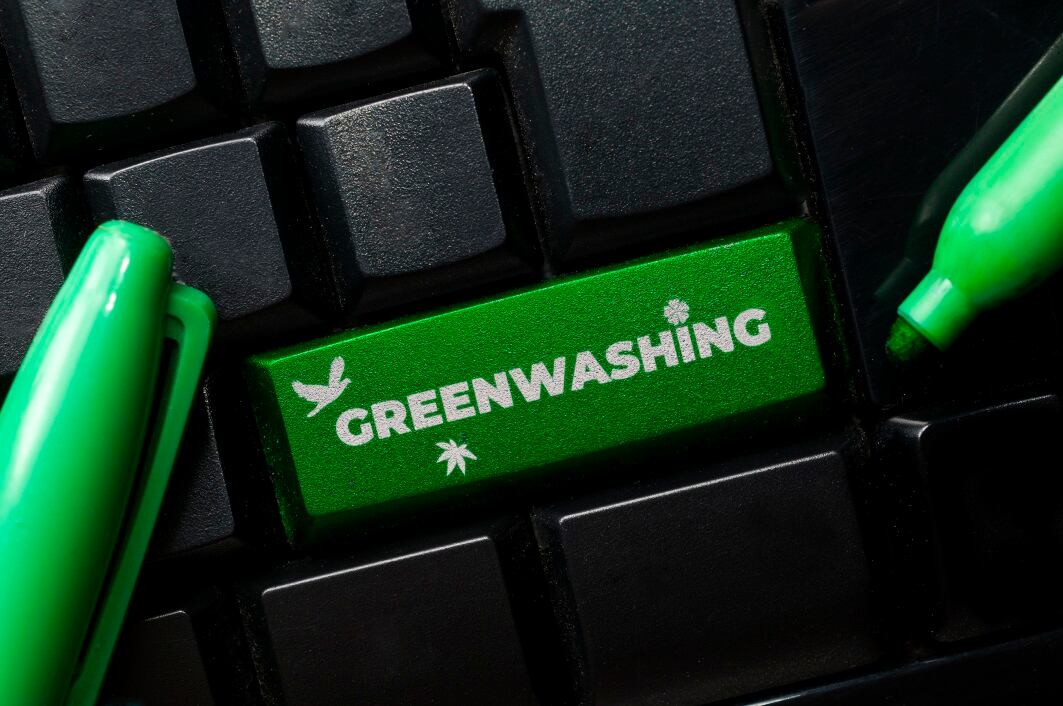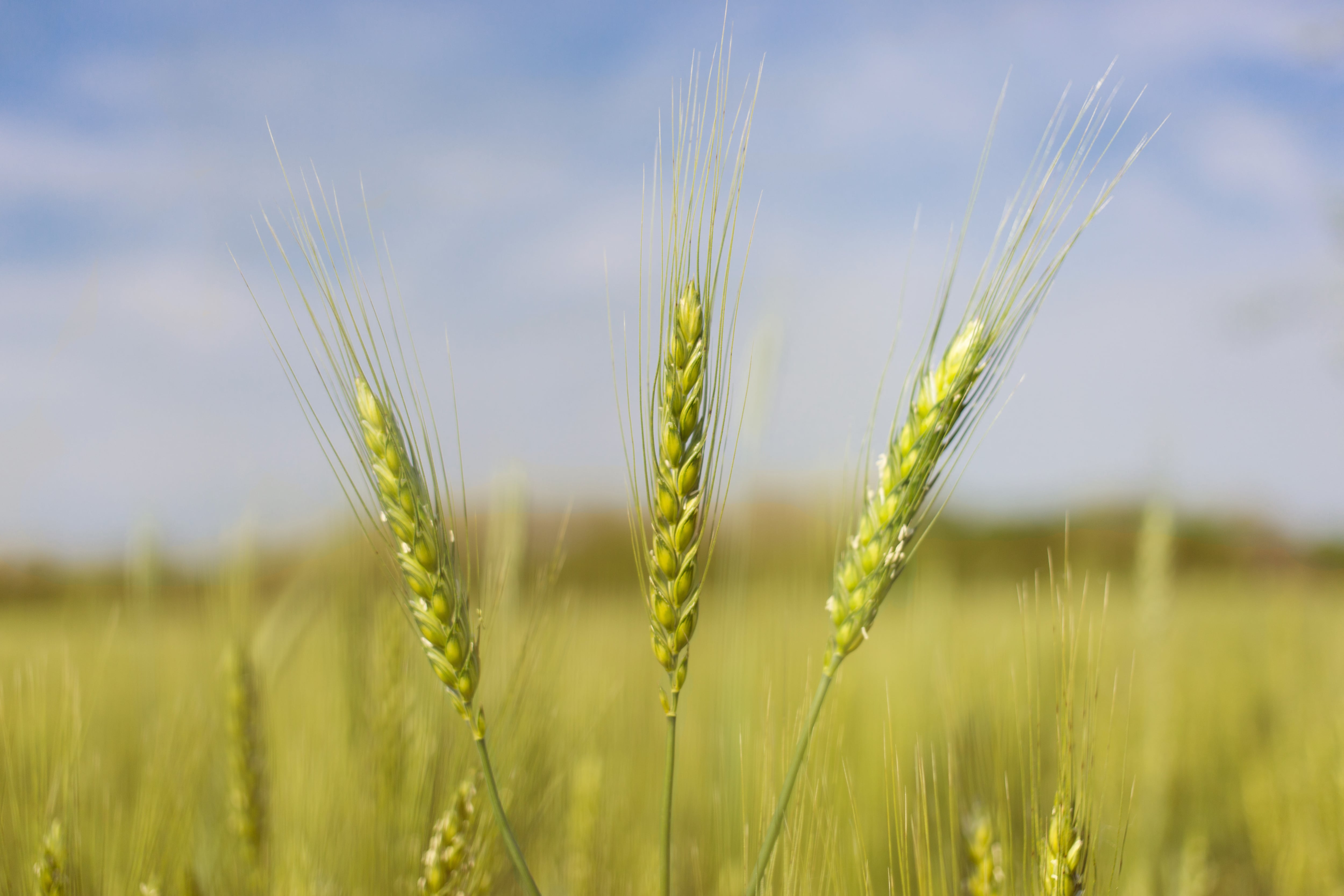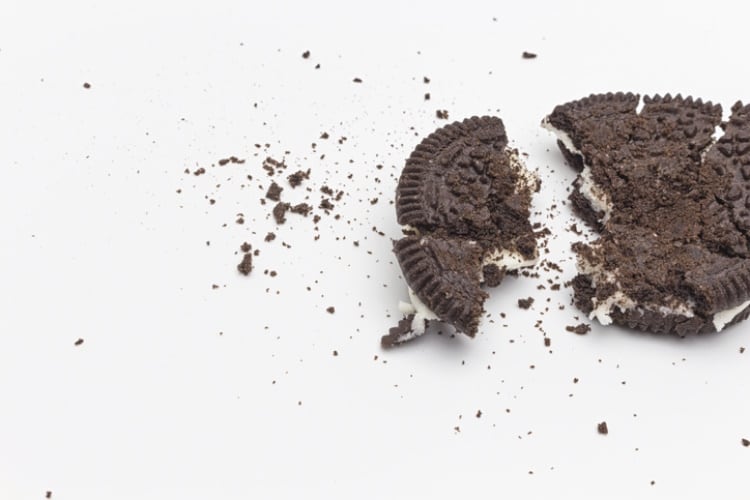When plaintiff Cynthia Salguero filed a class action lawsuit against Mondelez International earlier this year, it challenged more than just one brand’s label.
Filed in the US District Court for the Northern District of Illinois, the complaint accuses the snacking giant of misleading consumers with ‘climate neutral’ messaging on its Clif Kid ZBar and ZBar Protein products.
At the heart of the issue is whether the claim – relying largely on carbon offsets – is credible enough to stand up in court.
The plaintiff argues the manufacturing and distribution of the bars actually contribute substantial emissions to the atmosphere, claiming levels equal to those produced annually by more than 12,000 gasoline-powered vehicles.
Salguero contends the average consumer, when seeing ‘climate neutral’ on-pack, would assume the product has no net impact on the environment: a claim she says is not just exaggerated, but false.
Why this case is different and why it matters

Greenwashing allegations are nothing new. But this case is unusual because it moves beyond PR missteps into legal accountability. Salguero’s legal team is seeking not just financial damages but also declaratory and injunctive relief, paving the way for a possible court ruling on what ‘climate neutral’ must actually mean under US law.
It comes as the Federal Trade Commission is updating its Green Guides to help marketers avoid deceptive environmental claims. If finalised in their proposed form, the guideline revisions could provide clearer rules, stricter definitions and more consumer protection around phrases like ‘eco-friendly’, ‘net zero’ and ‘carbon neutral’.
The outcome of the Mondelez case could heavily influence how regulators and courts interpret those terms going forward.
Marketing now carries legal risk

Sustainability sells – and at a premium. According to PricewaterhouseCoopers’ 2024 Voice of the Consumer survey (PwC), 80% of global shoppers say they’re willing to pay more for sustainably produced or sourced goods, with the average premium reaching 9.7%.
In other words, consumers are not only prioritising greener products, they’re putting real money behind that preference. This adds commercial weight to sustainability claims but also sharpens their legal exposure.
The Simon-Kucher Global Sustainability Study 2024 supports this shift, revealing that 64% of consumers now rank sustainability among the top three drivers of their purchase decisions. The message is loud: demand for environmental credentials is rising fast and brands are responding. Over the past year, there’s been a noticeable uptick in sustainability-related claims on new product launches, particularly in the bakery and snacks categories where storytelling and shelf presence are critical to success.
But that momentum comes with a new set of risks. Sustainability claims are no longer just persuasive language; they’re becoming legal representations. What might have once prompted a reputational headache or a flurry of social media commentary now risks triggering litigation.
The implications for innovation are particularly striking. Brands have invested heavily in lower-carbon ingredients, recyclable packaging and energy-efficient production. Yet even when the efforts are genuine, the words used to describe them are now under intense scrutiny.
Smaller players are especially vulnerable. Without inhouse legal teams or the budget for third-party certifications, many rely on generalised terms to communicate their values. But those very terms could now represent a legal minefield, discouraging brands from saying anything at all.
The Mondelez case underscores a growing tension: marketers want to lead with bold, values-driven messaging, while legal teams are pulling in the opposite direction. That disconnect is already slowing product rollouts, complicating internal approvals and inflating the cost of launching sustainability-led SKUs.
Language once shaped by brand managers is now reviewed by compliance officers. Terms like ‘planet positive’, ‘carbon responsible’ and ‘net zero impact’ may still resonate with consumers - but only if they can withstand legal scrutiny.
The offset dilemma

At the centre of the lawsuit is Mondelez’s reliance on carbon offsets to justify its ‘climate neutral’ claim - a strategy many brands also use. But the complaint argues these offsets were not just insufficient but fundamentally flawed.
Salguero’s legal team points to broader weaknesses in the voluntary carbon market, including lack of oversight, inconsistent methodologies and questionable permanence of the promised carbon capture. Many offset programmes are built on models like avoided deforestation or future reforestation, which depend on assumptions that are difficult to prove or easy to disprove.
Critics argue that a company can’t credibly claim to neutralise its emissions based on projects that may or may not deliver results over the long term.
In some cases, offset projects are even double counted, poorly verified or rendered moot by wildfires, land use changes or policy reversals.
As scrutiny intensifies, food manufacturers are being urged to reduce emissions at the source - through energy-efficient production, cleaner logistics and regenerative sourcing - rather than relying heavily on credits. Offsets may still have a role to play, but the transparency bar is rising sharply. Companies will likely be expected to disclose not just that they purchase offsets, but how much, from whom, for what type of emissions and with what degree of verification and permanence.
The price of eco-premium

Another key element of the lawsuit is consumer harm. Salguero argues that customers paid more for Clif Kid products because they believed their purchases were supporting climate action. This idea that environmental claims can justify a higher price point is now central to the case.
The danger for brands is that if they can’t back up those claims, they may be accused not only of misleading marketing but of unjust enrichment. In the case of Mondelez, the plaintiffs argue that had consumers known the ‘climate neutral’ label was inaccurate, they either would not have purchased the product or would have paid significantly less. That logic could expose brands across the sector to similar legal challenges, especially for premium-positioned products.
Many snack and bakery SKUs today carry a higher price tag based on perceived environmental or ethical value. If those claims prove to be unsubstantiated or overstated, the resulting lawsuits could cost far more than the campaigns that created them.
Rethinking sustainability communication

Environmental messaging is no longer just a brand-building tool - it’s a legal consideration. Companies must shift from storytelling to substantiation. That means marketing claims need to be as provable and specific as a nutritional panel. Brands should focus on measurable impact, transparent disclosures and science-based targets rather than vague or generalised eco-statements.
It also means rethinking language. There’s a significant difference between stating a product ‘has reduced emissions by 30% since 2018’ versus calling it ‘climate neutral’. The former is grounded and defensible; the latter is increasingly risky.
Moving forward, sustainability claims should be developed in partnership between ESG experts, legal counsel and product developers. This cross-functional approach can help brands avoid litigation while still engaging the climate-conscious consumer.
A legal trend, not a one-off

The Mondelez case is unlikely to be the last of its kind. Legal firms are closely watching how it unfolds and a favourable outcome for the plaintiffs could embolden similar lawsuits across the food and beverage industry. Already, the legal strategy is being studied as a playbook for future greenwashing litigation.
It’s a turning point for the sector. Environmental marketing can still be powerful, but only when rooted in fact, not fiction. Brands that get it wrong could face a wrath of consumer backlash, courtroom battles, class actions and brand damage that lingers long after the headlines fade.
In today’s regulatory climate, don’t let ‘climate neutral’ become the most expensive phrase you ever print on a snack wrapper.
The Clif Kid ZBar class action lawsuit is Salguero, et al. v. Mondelez International Inc., Case No. 1:25-cv-02139, in the U.S. District Court for the Northern District of Illinois, Eastern Division.





